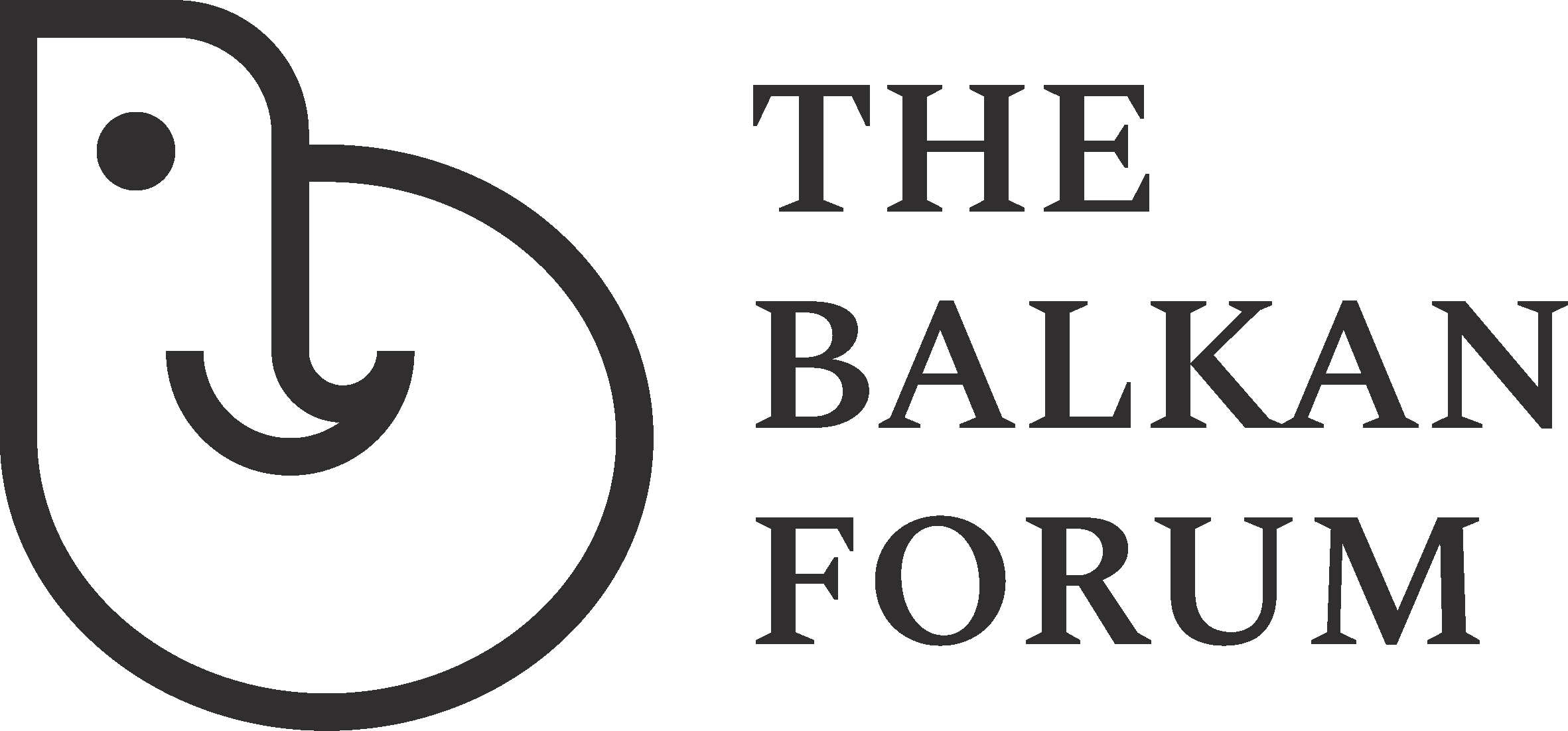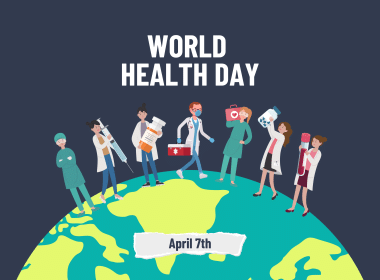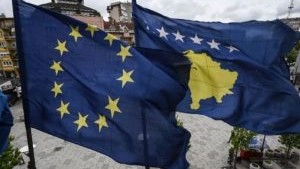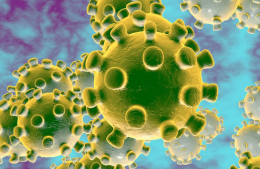“The inflation rate in Kosovo is increasing sharply up to 12.5%, making inflation the main and most talked about concern in the society.”
The brutal Russian aggression against Ukraine raised a great alarm to the security of the world, to the economy and international trade as well as to the global energy architecture. Moreover, this war highlighted the fact that we are living in a global world and that it is impossible to keep wars within the geographical borders of states. The use of hybrid tactics starting from human losses, property destruction, causing humanitarian crises, cyber attacks, propaganda and disinformation, as well as economic difficulties will result in increased tensions and deterioration of the geopolitical situation in general, therefore the consequences are expected to be global.
From an economic point of view and based on the reports of the World Bank and the International Monetary Fund (IMF), the war in Ukraine and the COVID-19 pandemic greatly affected international trade, slowing economic growth, increasing inflation and slowing the transition to green energy. Also, Russian aggression in Ukraine created an urgent need for humanitarian support, as this war forced more than 11 million citizens to flee their homes.
The supply chain was also affected because Ukraine and Russia constitute a significant economic power in the world market. Ukraine alone can produce food for 400 million citizens of the world. In particular, Ukraine supplies 50% of the world’s oil, 10% of cereals and 13% of corn. While Russia supplies about 14% of the market with fertilizers. I take into account that the war in Ukraine is having a negative impact on the regular production process, farmers have not been able to provide the necessary seeds and fertilizers, therefore we are expected to have an autumn with a low yield and this, however, will deepen even more world food crisis.
Of course, Kosovo, together with the Western Balkan region, is feeling the consequences, because the latest IMF reports show that Kosovo will have a decrease in the gross domestic product in 2022. The inflation rate in Kosovo is showing a sharp increase up to 12.5% (Statistics Agency of Kosovo – May 2022), making inflation the main and most talked about concern in the society.
Citizen perception is that prices have increased by more than 12.5% and believe that they have increased by about 30-50% in almost all items and services. This phenomenon is being followed with many uncertainties and unknowns.
Mitigating the effect of rising inflation resulting from rising import prices as well as insecurity with affordable energy supply should be among the top priorities for governments in the region. Moreover, the decisions of the governments of the region should foresee facilities for family economies and enable this crisis to be overcome without major consequences by paving a clear path towards the normalization of the economic situation.
In conclusion, if we compare the economic situation two years ago, we can say that the situation was more manageable then. Although we all faced the COVID 19 pandemic which was another global crisis followed by an economic recession, after the lifting of restrictions the Western Balkan countries recorded economic growth of about 7% in 2021. However, all these are of little importance in 2022 when the Russian aggression against Ukraine is a serious threat to security, peace and freedom across the globe. Today, we are living with these consequences. The situation is very serious and the crises do not seem to end.
Gazmend Berlajolli
for VICINITY CHRONICLES
